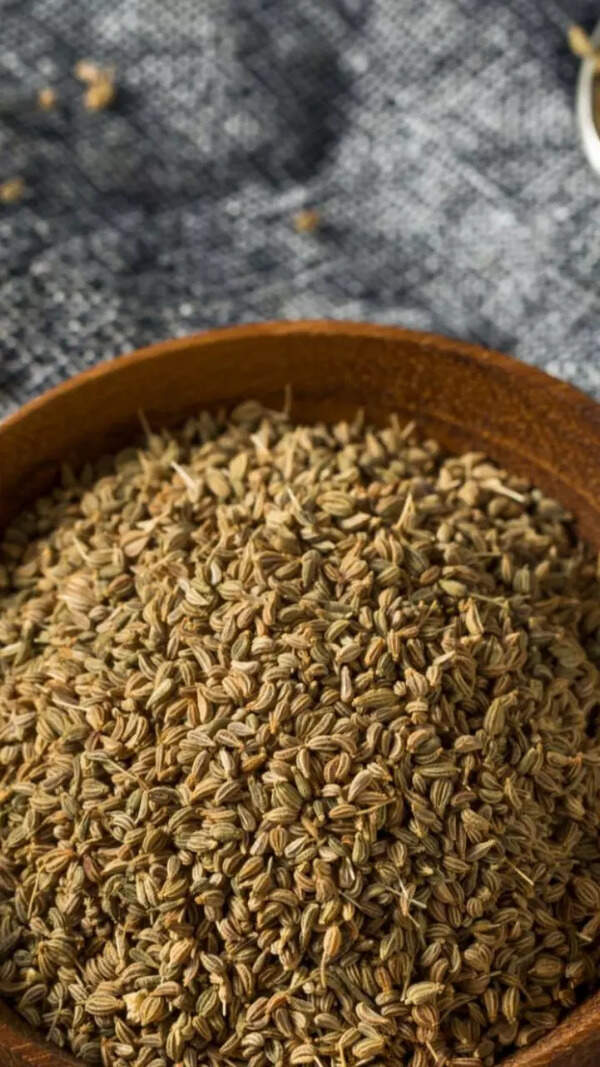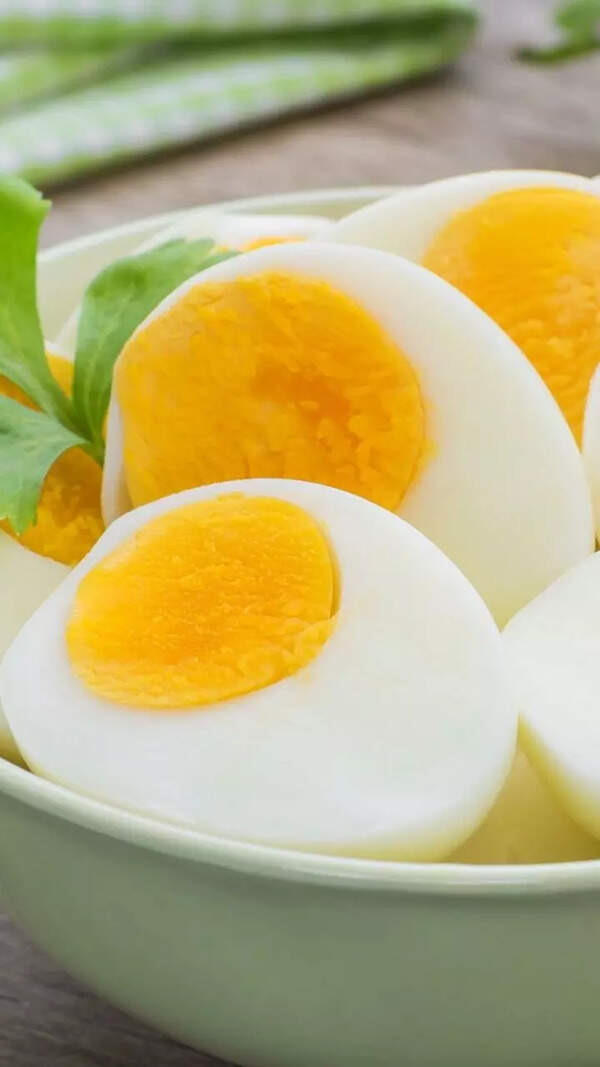- News
- lifestyle
- health-fitness
- diet
- 10 vegetarian superfoods with more protein than eggs
10 vegetarian superfoods with more protein than eggs

Vegetarian foods that have more protein than eggs
If you thought going vegetarian meant sacrificing protein, think again. Eggs are often considered the gold standard for protein, providing about 13 grams of protein per 100 grams. But if you’re vegetarian, there are several plant-based and dairy-based foods that pack even more protein than eggs. Here's a list of superfoods that outshine eggs in the protein department.

Paneer (Cottage Cheese)
Protein: ~18 grams per 100 grams
A staple in Indian households, paneer is not only rich in protein but also calcium. Great in curries, grilled, or as a snack. With this superfood, you can easily meet or even exceed your protein needs — no eggs required.
Meat-based diet vs vegan diet: Which is healthier and why?
Skipping breakfast? Your heart may pay the price, doctors reveal why you can be more prone to heart problems

Rajma (Kidney Beans)
Protein: ~24 grams per 100 grams (dry)
A North Indian favorite, rajma pairs perfectly with rice and brings a solid protein boost. They are also rich in fiber, iron, folate, and other minerals, making them a nutritious addition to a balanced diet.

Almonds
Protein: ~21 grams per 100 grams
Perfect as a snack or in smoothies, almonds are protein-rich and packed with healthy fats and fiber. They also contain healthy fats, fiber, and vitamins like vitamin E and magnesium.

Greek Yogurt (Plain, Unsweetened)
Protein: ~20 grams per 100 grams
This one defeats eggs when it comes to protein content; it deserves mention for being a complete protein with added probiotics and calcium. Also highly recommended for children from 6 months and above as high protein content helps their quick growth and nourishment.

Quinoa
Protein: ~14 grams per 100 grams (raw)
This gluten-free grain contains all nine essential amino acids and is great in salads or as a rice alternative. Quinoa makes for a good source of plant-based protein.

Moong Dal (Split Green Gram)
Protein: ~24 grams per 100 grams (uncooked)
Moong dal is light on the stomach but heavy in protein. Ideal for khichdi, soups, or dosas. The split green gram is a nutritionally dense superfood.

Chickpeas (Chana)
Protein: ~19 grams per 100 grams (dry)
Used in dishes like chole, hummus, and salads, chickpeas are rich in protein and fiber. They are also rich in fiber and other essential nutrients.

Lentils (Masoor Dal)
Protein: ~25 grams per 100 grams (dry)
Masoor dal is quick to cook and high in protein, making it ideal for soups, dals, and curries.It's also rich in fiber, iron, folate, and other essential nutrients.

Tempeh
Protein: ~19 grams per 100 grams
Made from fermented soybeans, tempeh has a nutty flavor and firm texture. It’s a protein powerhouse and also good for gut health. This plant-based protein, fiber, and other nutrients make it a popular choice for vegetarians, vegans, and those seeking a healthy, versatile food option.

Tofu
Protein: ~15 grams per 100 grams
Tofu, or bean curd, is a versatile source of protein made from soy milk. It easily absorbs flavors and works in everything from stir-fries to smoothies. Tofu is a good source of protein, calcium, manganese, copper, and selenium.

Why is protein important for our body?
Protein is fundamentally important for our bodies as it serves as the building block for tissues, organs, muscles, skin, hair, and nails, playing an important role in growth, repair, and maintenance. It is also essential for the production of enzymes, hormones, and antibodies that regulate various bodily functions, support the immune system, and facilitate chemical reactions.








